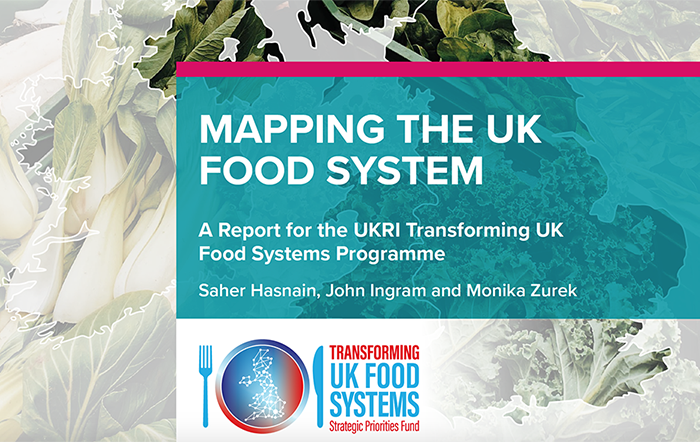Tabina Manzoor, a Kashmiri student, researcher, and environmentalist currently pursuing an MSc in Water Science, Policy, and Management at SoGE, served as a student co-moderator at Oxford’s recently concluded Right Here Right Now Global Climate Summit, where she also gave an opening address at the Sheldonian Theatre.
News
Declining Arctic sea ice drives divergent arctic shrub growth
While Arctic tundra greening and browning have received increasing attention over the past decade, one comparatively understudied area is the role of sea ice dynamics and decline as drivers of terrestrial vegetation change and the ecological consequences. A new study, published in the Proceedings of the National Academy of Sciences of the United States of America, reveals two important insights that will have important implications for tundra productivity and vegetation-climate feedback. Read in full.

BBC News: The Climate Question
Not only has this year been one of the hottest on record, but there has also been a catalogue of record breaking extreme weather events. This BBC World Service interview with Friederike Otto picks apart how climate change is impacting weather systems and the lives of millions of people around the world.

Cracks in UK food system revealed in new mapping report
A new report led by ECI's Food Systems Research group reveals the huge value of the agri-food sector to the UK economy as well as the multiple challenges it faces. The report maps and quantifies the UK food system, aiming to act as a quantified foundation for further analyses of the UK food system.

Natalie Chung named one of the most impactful young sustainability leaders in Asia Pacific
Natalie Sum Yue Chung, MPhil student in Environmental Change and Management, is included in Eco-Business's 2020 inaugural list of emerging youth sustainability changemakers. Natalie is a passionate youth climate advocate committed to environmental education and policy advisory in Asia, and the Director and co-founder of V'air Hong Kong.

'A quantum leap for climate action': UK pledges to end support for overseas oil and gas projects
The UK will cut off all taxpayer support for new overseas oil, gas, and coal projects ahead of COP26, in move that has been applauded by campaigners, economists, and opposition parties, writes Business Green. With comment from Ben Caldecott.

Age of Economics interviews Penny Mealy
What is economics? What roles does it play in society? And does it do a good job addressing issues people care about, such as climate change and the wider environment? These are just some of the topics discussed by Penny Mealy, researcher with the Smith School and INET Oxford, in an interview with Age of Economics. [Video and transcript]

Aurora Energy Research funds Oxford MSc scholarships
Aurora Energy Research announces £500,000 donation to the Smith School for scholarships on the new Master's degree in Sustainability, Enterprise and the Environment - enabling the brightest minds to study at Oxford and help resolve the challenge of climate change. The course explores the challenges of getting to Net Zero and achieving sustainable development through the lenses of enterprise, finance and economics. The gift will fund 9 scholarships over 6 years, and applications are now open for 2021.

BBC - Building Back Better
Brian O'Callaghan, researcher at the Smith School and manager of the Oxford Economic Recovery Project, speaks with BBC Radio 4 'In Business' about the potential for a green recovery from Covid-19. Listen now on BBC Sounds.

Bonds Aimed at Heavy Corporate Emitters Set to Roll Out in 2021
The next thing in green investing is a new kind of debt designed to help fund the trillions of dollars needed to wean the world from carbon, writes Bloomberg Green. These 'transition bonds' are being developed for fossil-fuel companies and other heavy corporate emitters. With comment from Ben Caldecott.

Climate change and emerging markets after Covid-19
Unmitigated climate change could slash world economic output per capita by as much as half by the end of the century - with emerging markets bearing the brunt of the damage, warns new research published by Pictet Asset Management and the Smith School. The report, which draws on new modelling techniques developed by Oxford economists, says major emerging economies including China, India and Brazil are particularly vulnerable to rising global temperatures. Authors include Moritz Schwarz, Sugandha Srivastav, Paulo de Souza and Yangsiyu Lu.








